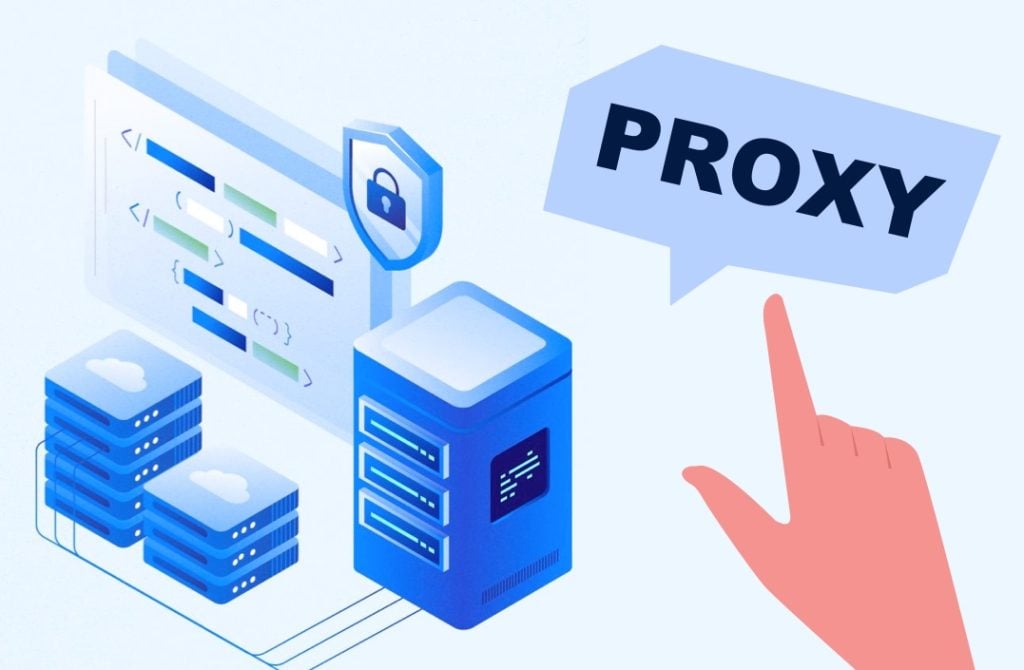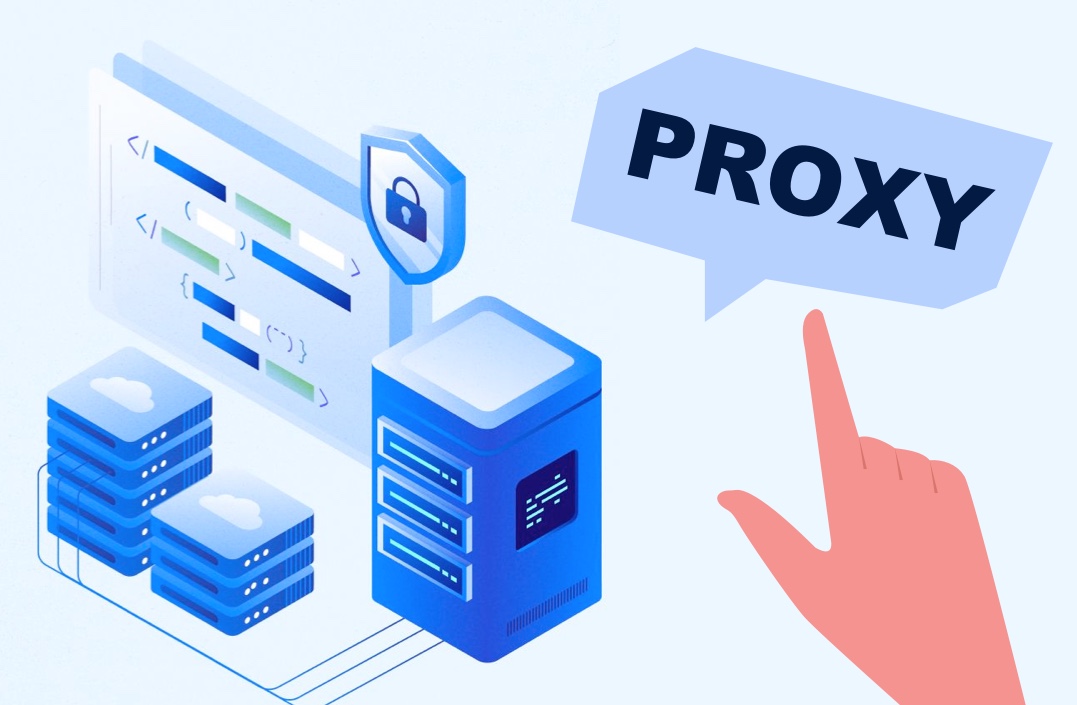Introduction
A server address is a crucial part of internet communication. It helps devices connect to websites, applications, and online services. Whether you are browsing the web, managing a business website, or using proxies, understanding server addresses is essential.
However, server addresses can face challenges such as geo-restrictions, security threats, and connectivity issues. Cherry Proxy provides advanced proxy solutions to overcome these challenges, ensuring stable and secure connections. This article explores what a server address is, its types, importance, challenges, and how Cherry Proxy enhances online operations.
What Is a Server Address?
A server address is a unique identifier that allows users to connect to a server over the internet. It tells computers where to send or retrieve data, ensuring seamless online communication.
Types of Server Addresses
IP Address-Based Server Address – A numerical address assigned to a server, such as 192.168.1.1. It can be static (permanent) or dynamic (changing over time).
Domain Name-Based Server Address – A human-readable address, such as www.example.com, which is translated into an IP address using the Domain Name System (DNS).
Proxy Server Address – A server that acts as an intermediary between users and websites, providing enhanced security, anonymity, and access.
IPv4 vs. IPv6 Server Addresses
Server addresses are categorized into IPv4 and IPv6 formats:
IPv4 (e.g., 192.168.1.1) – The most common format but limited in available addresses.
IPv6 (e.g., 2001:db8::ff00:42:8329) – A newer format designed to provide a larger address pool and improved efficiency.
Why Is a Server Address Important?
A server address is important because it enables devices to communicate over the internet, ensuring seamless access to websites, applications, and online services. It serves as a unique identifier that directs data to the correct destination. Here’s why it matters:
Internet Communication – A server address allows users to connect to web pages, cloud services, and remote systems. Without it, online communication wouldn’t be possible.
Security & Privacy – Proxy server addresses, like those from Cherry Proxy, help mask real IPs, protecting users from tracking and cyber threats.
Bypassing Restrictions – Some websites restrict access based on location. Using proxies with different server addresses allows users to access geo-blocked content.
Performance Optimization – Businesses use multiple server addresses to distribute traffic, prevent overloads, and ensure fast and stable connections.
Web Scraping & Automation – Rotating proxy server addresses prevent detection and bans, making them useful for data collection and market research.
Common Challenges with Server Addresses
Despite their importance, server addresses can face several challenges:
1. Geo-Restrictions and Censorship
Some websites restrict access based on location. Streaming platforms, e-commerce websites, and government regulations can prevent users from accessing certain content. A proxy service, like Cherry Proxy, helps bypass these restrictions.
2. IP Bans and Blacklisting
Websites often block repeated access requests from the same server address, especially in automated activities like web scraping. Rotating proxies from Cherry Proxy allow users to change IPs frequently, reducing the risk of detection and bans.
3. Security Risks
Cyber threats, such as DDoS attacks and hacking attempts, can target server addresses. Using a secure proxy server helps protect sensitive data and maintain network security.
4. ISP Restrictions and Speed Limitations
Internet service providers (ISPs) may throttle or limit access to certain websites. A proxy server can help users maintain stable speeds and avoid ISP restrictions.
How Cherry Proxy Helps Manage Server Addresses
Cherry Proxy offers advanced proxy solutions that improve access, security, and performance for users worldwide. Here’s how Cherry Proxy enhances server address management:
1. Bypass Geo-Restrictions with Residential Proxies
Cherry Proxy’s residential proxies allow users to access region-specific content without detection. By routing traffic through real residential IPs, users can bypass geo-blocks and view localized content.
2. Avoid IP Bans with Rotating Proxies
Cherry Proxy provides rotating proxies that change IP addresses at set intervals. This ensures users can conduct web scraping, data collection, and competitor analysis without being detected or blocked.
3. Improve Security and Anonymity
Cherry Proxy masks real server addresses, preventing tracking and unauthorized access. This is essential for businesses that need to conduct research, manage multiple online accounts, or protect sensitive data.
4. Enhance Speed and Performance
Unlike unreliable free proxies, Cherry Proxy ensures high-speed, stable connections. This is ideal for browsing, streaming, and data-intensive tasks.
5. Support for Multiple Use Cases
Cherry Proxy serves various industries, including:
E-commerce: Price comparison, competitor analysis, and stock monitoring.
Digital Marketing: Managing multiple social media accounts, ad verification, and web scraping.
Cybersecurity: Preventing unauthorized tracking and securing online transactions.
Market Research: Gathering regional insights and monitoring industry trends.
How to Find Your Server Address
If you need to locate your server address, follow these simple steps:
On Windows:
Open Command Prompt (Press Windows + R, type cmd, and press Enter).
Type ipconfig /all and press Enter.
Look for the IPv4 Address or Default Gateway under your active network connection.
On Mac:
Open System Preferences > Network.
Select your active connection (Wi-Fi or Ethernet).
Your IP address and server details will be displayed.
Using Cherry Proxy for Server Address Management
Cherry Proxy provides an easy way to configure and manage server addresses. By integrating Cherry Proxy, users can dynamically switch between different IPs, ensuring uninterrupted access and security.
Best Practices for Using Server Addresses with Cherry Proxy
Use Rotating Proxies for Web Scraping – Prevent bans by switching IPs frequently.
Opt for Residential Proxies for Authentic Access – Mimic real user behavior with residential IPs.
Ensure Security with Encrypted Connections – Protect data from interception and cyber threats.
Choose High-Speed Proxies for Performance – Avoid slow loading times and ensure smooth browsing.
Conclusion
A server address is essential for online connectivity, security, and performance. However, challenges such as geo-restrictions, IP bans, and security threats can limit access and efficiency. Cherry Proxy offers powerful proxy solutions to manage server addresses effectively, ensuring secure, unrestricted internet access. Whether for business operations, personal browsing, or data collection, Cherry Proxy enhances online experiences by providing reliable, high-performance proxy services.
FAQ
Is a server address an IP address?
Yes, a server address can be an IP address, but it can also be a domain name. The server address is used to identify and locate a server on a network or the internet.
-If the server address is an IP address (e.g., 192.168.1.1 or 203.0.113.5), it directly points to the server’s location.
-If the server address is a domain name (e.g., example.com), it is mapped to an IP address through DNS (Domain Name System).
Using a proxy server, like Cherry Proxy, allows users to mask their real IP addresses and enhance privacy while connecting to websites or online services.
What is my Wi-Fi server address?
Your Wi-Fi server address typically refers to the IP address of your router or access point, which acts as the gateway for your network. To find it:
On Windows:
1.Open Command Prompt (Win + R, type cmd, press Enter).
2.Type ipconfig and press Enter.
3.Look for Default Gateway under your active network connection (e.g., 192.168.1.1 or 192.168.0.1).
On macOS:
1.Open System Settings > Wi-Fi.
2.Click on your connected network and look for Router (this is your Wi-Fi server address).
This address is used to access your router’s admin panel, where you can configure network settings.


